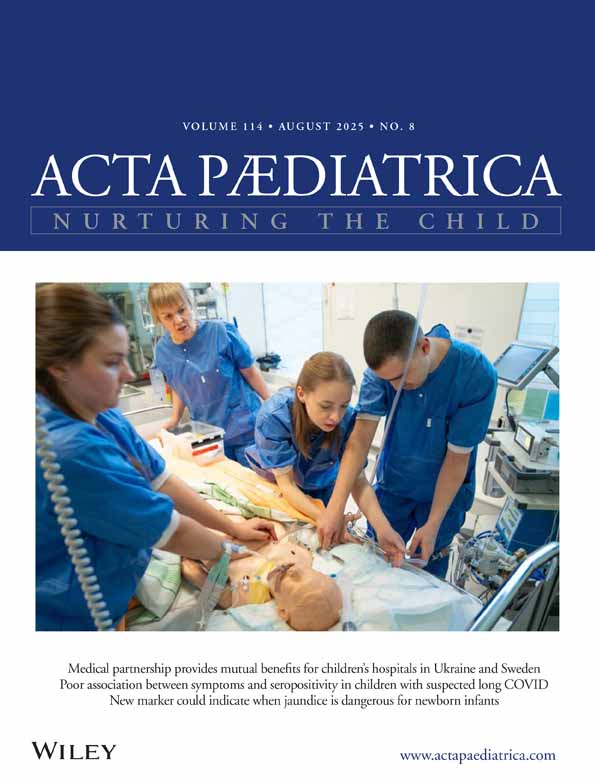Social and behavioural perspectives in enuretics, former enuretics and non-enuretic controls
Abstract
Social and behavioural traits in children with primary nocturnal enuresis were compared with children who had outgrown their enuresis and children who had never bed-wetted after three years of age. The study group included 14 children with primary nocturnal enuresis, 15 children who had had primary nocturnal enuresis and 15 age- and sex-matched controls. The mothers of all children were interviewed using a 32-item questionnaire. If primary nocturnal enuresis were a neurotic disease, we would have expected a higher frequency of emotional dysfunction in children with enuresis and an increase in the symptoms or symptom substitution when bed-wetting was resolved. No significant differences in emotional or behavioural traits among the three groups were found. We conclude that children with primary nocturnal enuresis were well adjusted individuals and display similar social and behavioural traits as their peers. This study lends further support to the theory that primary nocturnal enuresis is not a psychological disorder.




